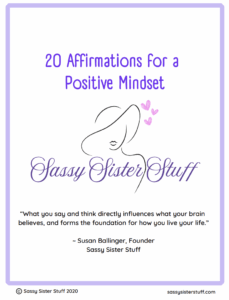Why Ghosting Feels Worse When You’re Over 40 and 10 Easy Ways to Cope With It
Ghosting can sting at any age, but you might find it hits differently once you’re over 40. The experience can bring up unexpected feelings, especially as your life and relationships have evolved over time.
The reason ghosting feels worse after 40 is often tied to deeper emotional investments and different expectations compared to earlier years. Understanding why this happens can help you navigate those feelings more effectively.
Longer emotional investment before ghosting

By the time you’re over 40, relationships often come with more history and emotional weight. You’ve probably invested time, energy, and trust, making ghosting feel like a bigger blow.
You might also be more cautious about opening up, so when it happens, it stings harder. It’s not just a missed text—it’s a sudden cut from someone who once mattered.
Fewer dating opportunities after 40

When you’re over 40, dating options can feel more limited. You might not meet people as often as you did in your 20s or 30s.
It’s common that your social circles have shrunk or changed. Plus, many people are focused on careers, family, or other priorities.
This can make ghosting feel sharper because each connection feels more significant. You might put more emotional investment into each date or interaction.
Cultural expectations around maturity

You’re expected to handle rejection with grace as you get older. Society often assumes you’ve learned emotional skills by now.
This can make ghosting feel harsher because you’re supposed to be beyond those raw, confusing feelings.
At the same time, people might judge you more if you show vulnerability. It’s a tricky spot where acting mature feels like you have to hide your hurt.
Heightened sense of rejection

When you’re over 40, ghosting can hit harder because you’ve likely experienced more relationship ups and downs. You might take it more personally, feeling that it says something about your worth.
You may also have a clearer idea of what you want, so being suddenly cut off feels like a bigger setback. It’s normal to feel more vulnerable in these moments.
Recognizing this can help you be gentler with yourself. Your feelings are valid, and it’s okay to feel rejected, even if it stings more than before.
Challenges in rebuilding trust
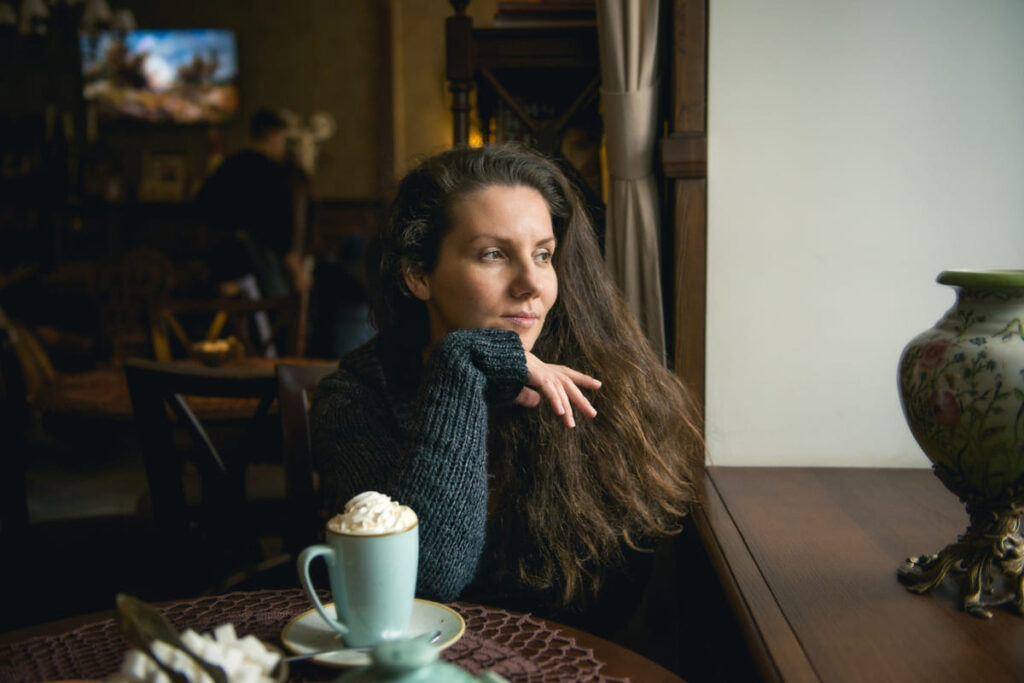
When you’re over 40, trust isn’t as easy to build back after ghosting. You’ve likely been through enough to know that actions matter more than words.
You might find yourself second-guessing the other person’s intentions or worrying they’ll disappear again. This makes opening up feel riskier.
It’s normal to want reassurance. But that can slow things down, making progress feel frustrating or uneven. Patience from both sides is key.
Impact of past relationship experiences

By the time you’re over 40, you’ve likely had several significant relationships. These experiences shape how you interpret ghosting. It can feel like a deeper rejection because you’ve invested more emotionally.
You might also have learned to expect certain patterns. When ghosting happens, it can trigger old wounds or remind you of past disappointments. That makes it harder to brush off.
Your history can make you question your self-worth more intensely. It’s normal to feel confused or hurt, especially if you thought things were stable.
Feelings of invisibility and ageism

When you’re over 40, ghosting can hit differently because it can feel like you’re being erased. It’s as if your age makes your feelings less valid or your presence less important.
You might notice that society often overlooks people over 40, especially in dating or social situations. That sense of invisibility adds extra sting to being ignored without explanation.
Difficulty in moving on quickly

When you’re over 40, you might find it harder to bounce back after being ghosted. You’ve likely invested more emotionally, making the sudden silence sting deeper.
Your life experiences shape how you process rejection. It’s not just about the relationship but also about your self-worth and trust.
You might replay conversations in your head, trying to make sense of what went wrong. This can slow down the healing process and make moving on feel tougher.
The shock of sudden silence

You expect a message, a call, or some kind of response. When none comes, the quiet hits harder than you’d think. It’s like the other person just vanished, leaving you with unanswered questions.
At this stage in life, relationships often carry more weight. So when someone ghosts, it feels less like a fluke and more like a personal dismissal. The silence can trigger confusion and self-doubt.
Need for clearer communication
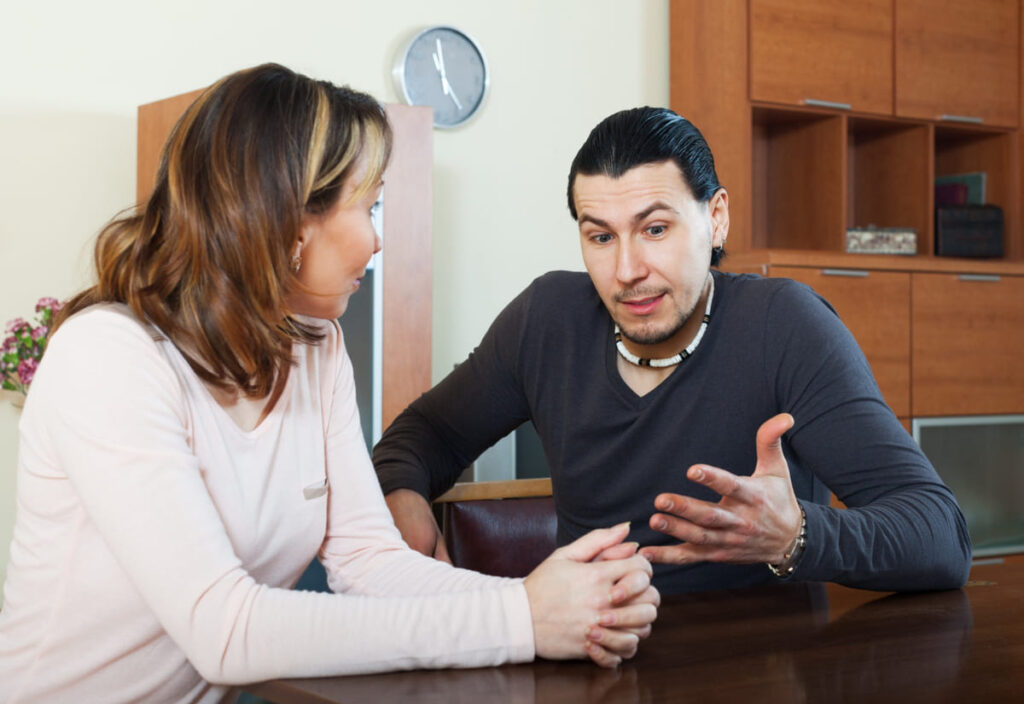
When you’re over 40, you’ve likely experienced your fair share of relationships. You expect honesty and respect, so ghosting feels like a bigger slap.
Clear communication helps set expectations. It reduces confusion and makes it easier to move on.
You deserve direct answers, even if they’re uncomfortable. It shows maturity and respect, which are important at this stage of life.
Why Ghosting Hits Harder After 40
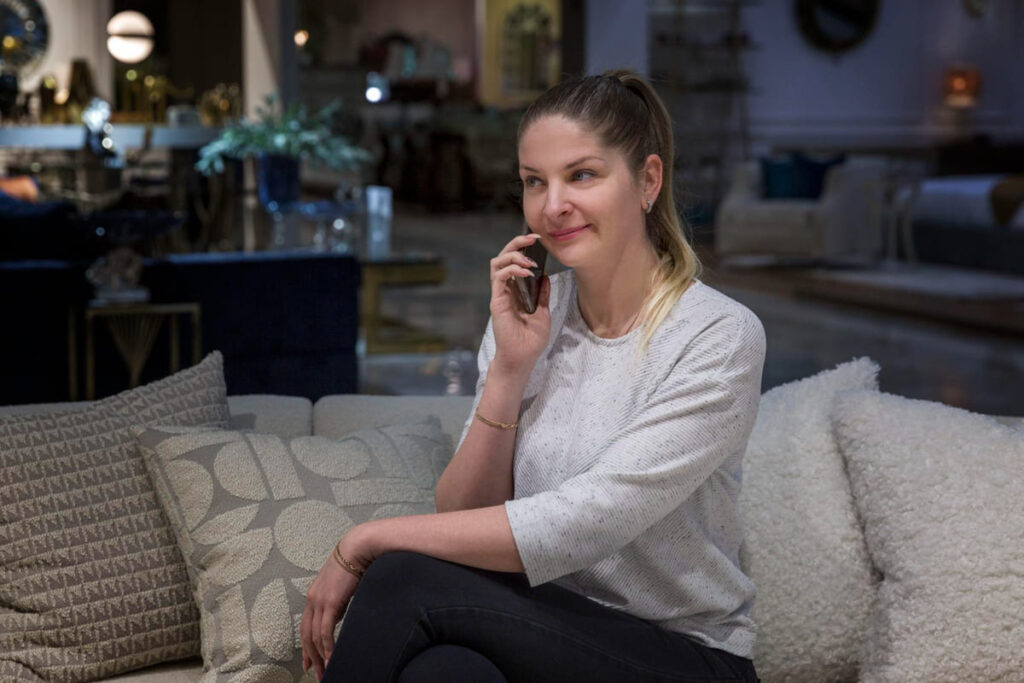
At this stage, your time and emotional energy feel more precious. You tend to approach relationships with clear priorities and deeper feelings, so being ghosted can sting more than it did in your younger years.
Changing Priorities and Expectations

By 40, your relationship goals are usually more focused. You might be seeking stability, genuine connection, or even long-term commitment. Ghosting interrupts that search and creates frustration because you’re not interested in wasting time on uncertainty.
You also tend to be less willing to chase people who disappear without explanation. Your patience wears thin when someone ghosts, since you value honesty and respect in how relationships unfold.
At this point, dating feels less like a game and more like an investment. So ghosting feels like a disrespect to the time you put into getting to know someone.
Emotional Baggage and Vulnerability

Your past experiences influence how you react to ghosting. After 40, you’ve likely faced more heartbreak or disappointment, which can make each loss feel heavier.
You might feel more vulnerable because you understand the stakes better. The idea of rejection can tap into old wounds, making ghosting harder to process emotionally.
Because you’re carrying these layers of feelings, ghosting can trigger self-doubt or insecurities about your worth. It’s important to recognize this emotional weight but also to separate the ghoster’s behavior from your value.
Healthy Ways To Process Being Ghosted

Dealing with ghosting can hit hard, especially when you’re older and more emotionally invested. Finding ways to be kind to yourself and connect with others who get it can help you move through the feelings without bitterness or confusion.
Practicing Self-Compassion
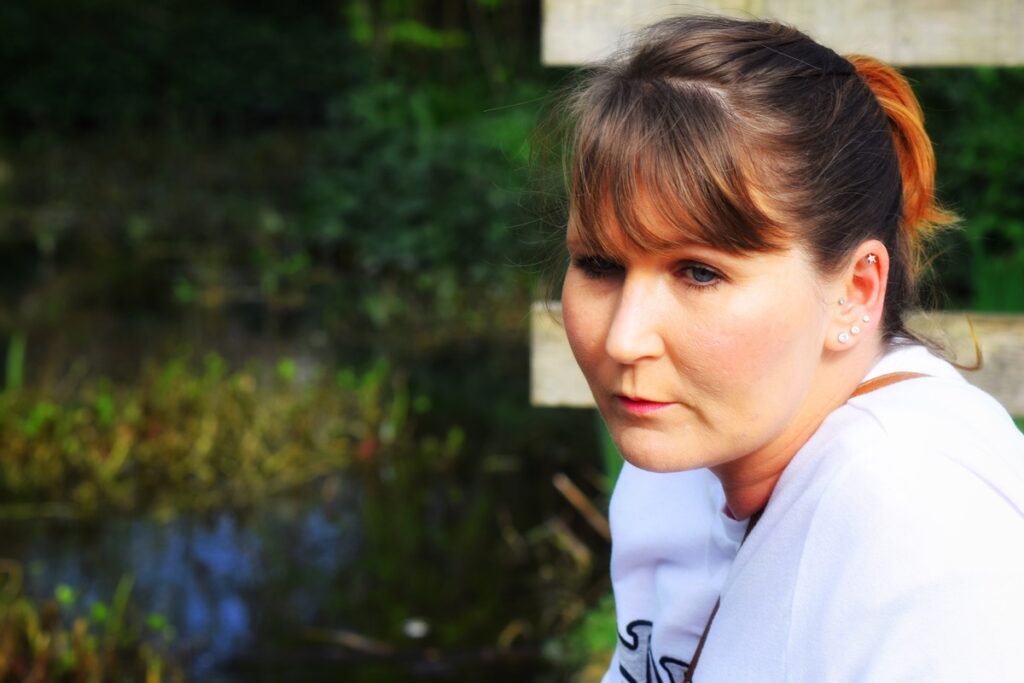
When someone ghosts you, your first instinct might be to blame yourself. Instead, try treating yourself like you would a good friend. Acknowledge your feelings without judgment and remind yourself that ghosting reflects the other person’s choices, not your worth.
You can use simple phrases like “It’s okay to feel hurt” or “I am enough even if they disappeared” to soothe your mind. Journaling about your experience can also help you sort out emotions and see things more clearly. Avoid harsh self-criticism—it only deepens the pain.
Seeking Out Supportive Communities

You don’t have to process ghosting alone. Look for groups—online or in person—where people share similar dating experiences. These spaces let you exchange stories and get perspective without being judged.
Try dating forums, meetups for over-40 singles, or mental health groups focused on relationship issues. Hearing others’ stories can normalize your experience and remind you that ghosting is common, not a personal failure. Plus, support from people who understand can boost your confidence as you move forward.








